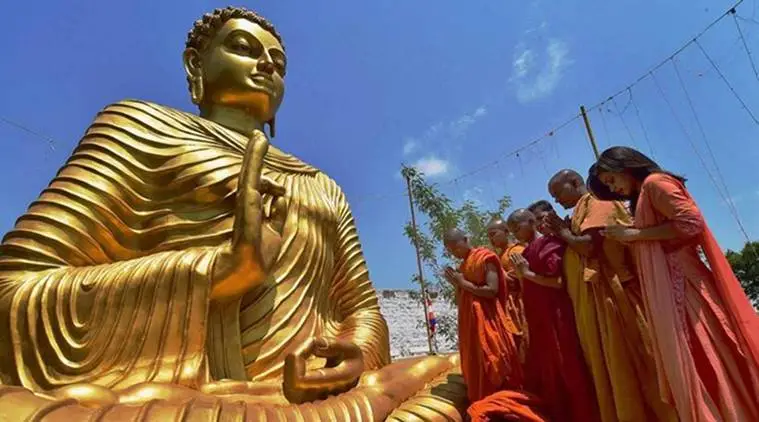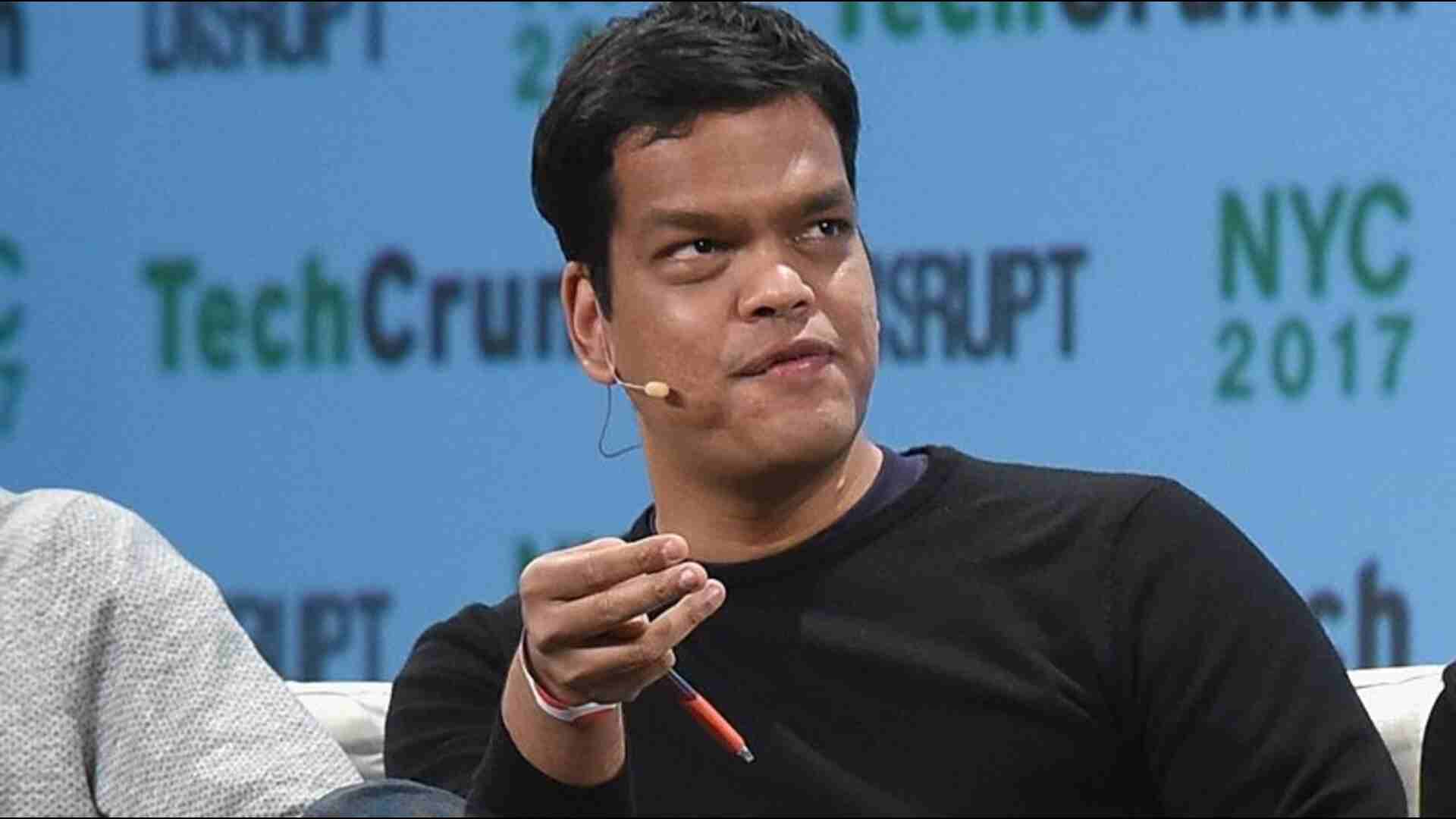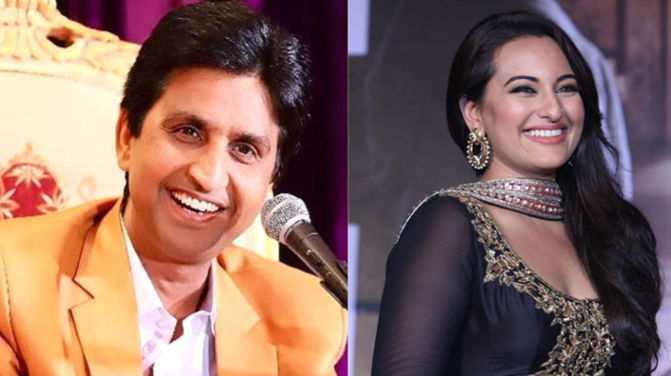This week will be known for Indian Prime Minister’s prodigious message that he gave from the soil of Vienna during his official visit to Austria, “We have given Buddha not Yuddha to the world.” Indian PM visited Russia and Austria this week after commencing his third term as the PM of India. Both Russia and Austria hold a great strategic significance and enjoy trusted partnership with India since a long time. PM Modi recapitulated India’s commitment towards the global good and added a new chapter of partnership with both the nations.
Prime Minister Narendra Modi’s recent two-day visit to Russia for the 22nd India-Russia annual summit garnered significant attention from Western countries due to the ongoing conflict in Ukraine and India’s association with the Western bloc nations as well. While PM Modi was in Russia, the US was engaged in hosting NATO summit to address their strategic priorities and the situation in Russia and Ukraine. Though India has stringently maintained its strategically neutral and all aligned foreign policy, and hence it does not take any pressure from any of the lobbies when it comes to its strategic priorities and bilateral relations. Not only PM Modi successfully accomplished his Russia visit as both India and Russia reiterated their commitment for a fruitful and trusted strategic partnership that both the nations enjoy since a long time, PM Modi also suggested Putin to end the ongoing Russia-Ukraine war and focus on development. Also, Indian PM was conferred with the highest civilian award of Russia. Despite concerns over India’s relationship with Russia, the US has affirmed its commitment to maintaining India as a strategic partner and continuing a strong dialogue with New Delhi. The US expressed confidence that India will emphasize to Russian President Vladimir Putin the importance of upholding the UN charter and respecting the principles of territorial integrity and sovereignty in relation to Ukraine.
The collaboration program between India and Russia in the trade, economic, and investment sectors along with the cooperation principles in the Arctic zone of the Russian Federation, is started to enhance trade and investment projects between the Far East Region of Russia and India. The Memorandum of Understanding (MoU) between the Ministry of Environment, Forest and Climate Change of the Republic of India and the Ministry of Economic Development of the Russian Federation focuses on Climate change and low-carbon development, establishing a Joint Working Group for information exchange, sharing best practices, and conducting research to develop cost-effective technologies.
Similarly, The MoU between the National Centre for Polar and Ocean Research, Ministry of Earth Sciences, Government of India, and the Arctic and Antarctic Research Institute highlights cooperation in research and logistics in polar regions, sharing resources and data, conducting joint research, exchanging personnel, and participating in international programs and projects in the polar region. Another MoU between Survey of India and the Federal Service for State Registration, Russian Federation, emphasizes the exchange of knowledge and experience in geodesy, cartography, and spatial data infrastructure, professional training, capacity building, and cooperation between scientific and educational institutions.
An agreement has been established between the Indian International Arbitration Centre and the International Commercial Arbitration Court at the Chamber of Commerce and Industry of the Russian Federation to aid in the resolution of civil law disputes of a commercial nature. A Joint Investment Promotion Framework Agreement is also signed between Invest India and Russia with the aim of facilitating investment by Russian companies in the Indian market through the promotion and enhancement of investment cooperation. Another MoU has been initiated between the Trade Promotion Council of India and the Russia to boost bilateral trade and investment, coordinate B2B meetings, organize business promotion events, and facilitate the exchange of business delegations. Lastly, the MoU on Cooperation and Collaboration on broadcasting between Prasar Bharati, India, and “TV-Novosti” (Russia Today TV Channel), Russia, focuses on cooperation in broadcasting, including the exchange of programs, personnel, and training to enhance collaboration in the field.
During his trip to Austria, Indian PM appreciated how Austria hosted Indian freedom fighters like Subhash Chandra Bose and how the Vienna University started department of Indology way back in 1955. (Sanskrit is taught as a subject since 1845.) He focused on the present priorities and future roadmap for both the nations. This is the first time an Indian PM visited Austria in 41 years. During his meeting with Chancellor Nehammer, both leaders acknowledged the potential for a significant enhancement of the bilateral partnership between the two nations. They agreed to take a strategic approach towards achieving this goal, focusing on fostering a future-oriented sustainable economic and technology partnership through various joint initiatives and projects. They also highlighted the importance of collaboration between democratic nations like India and Austria in promoting global and regional peace and prosperity. They expressed satisfaction with the regular consultations between their Foreign Ministers and encouraged further institutional dialogue across different sectors. Additionally, the leaders identified key environmental technologies for targeted cooperation, emphasizing the need for financial support from both public and private institutions to drive engagement in clean transportation, renewable energy, and digital technologies for sustainable economic growth. Both the leaders also reiterated their commitment towards boosting people-to-people ties and multilateral cooperation.
Hope this momentum continues to end the wars, conflicts and rivalries!
The author is Professor, School of International Studies, JNU













